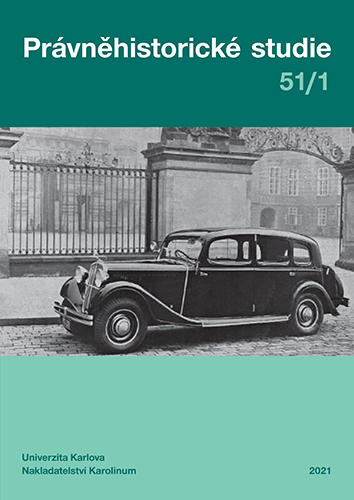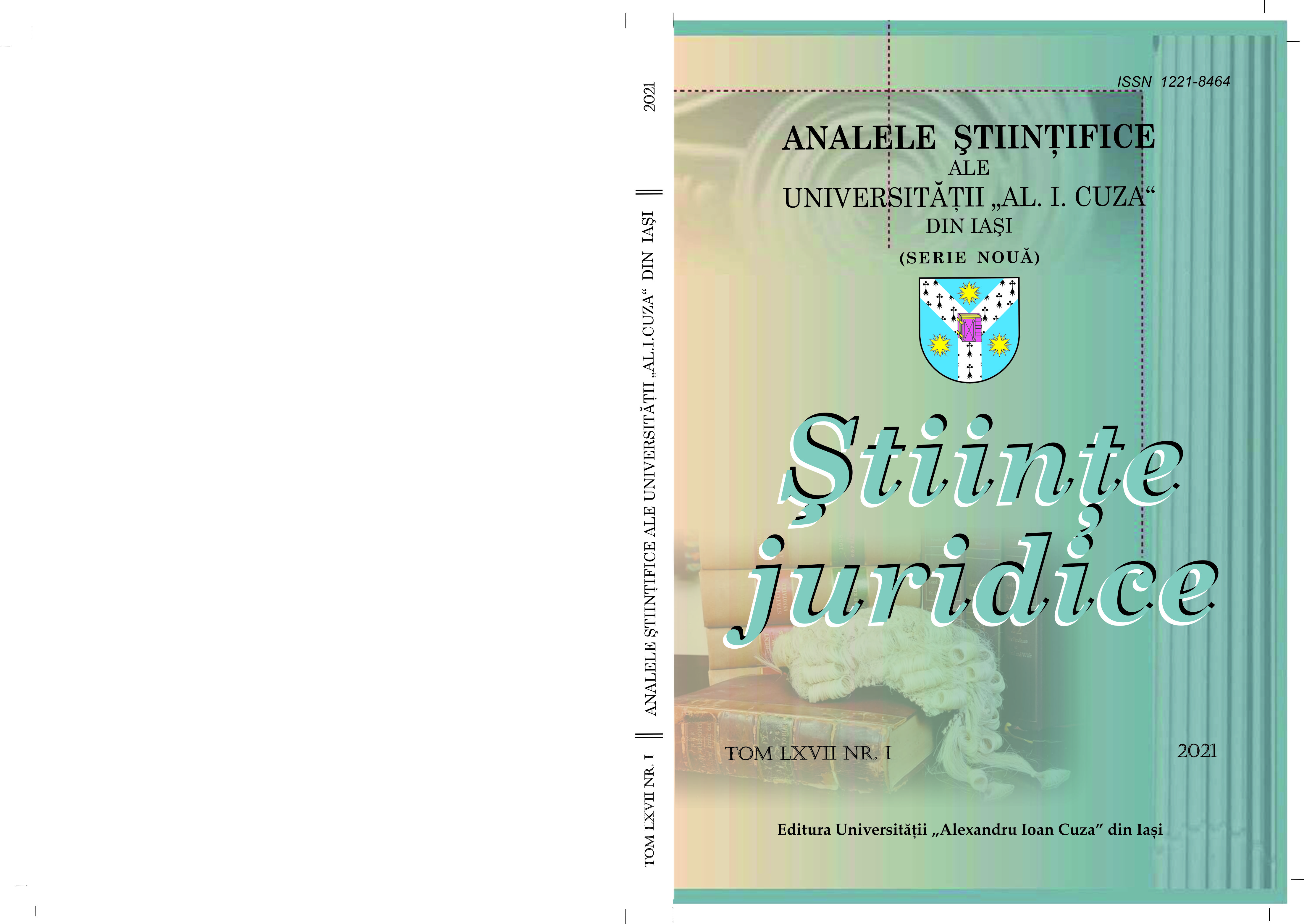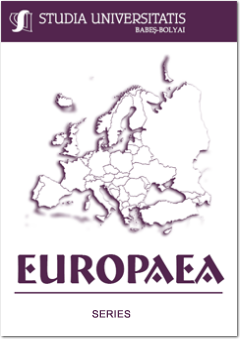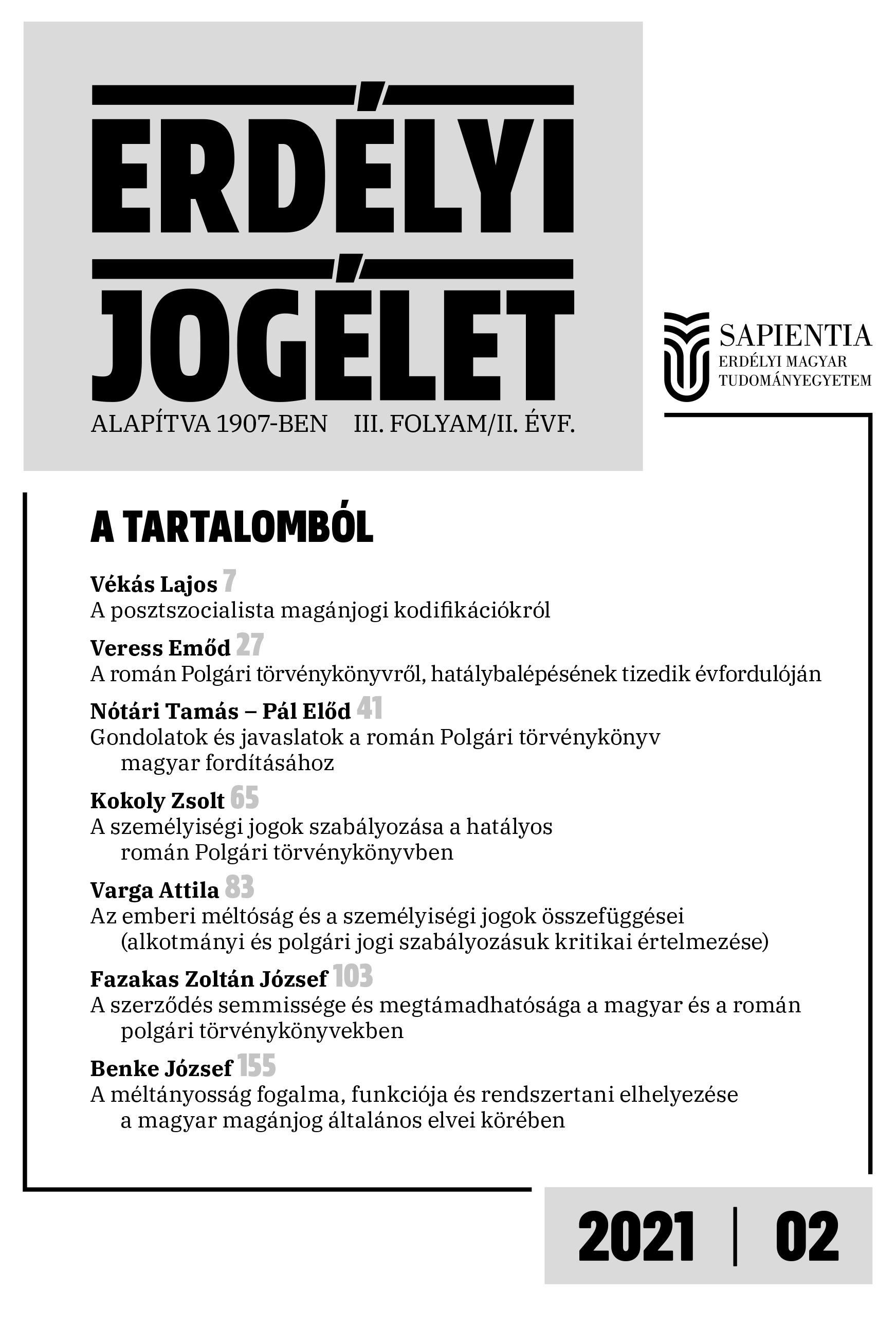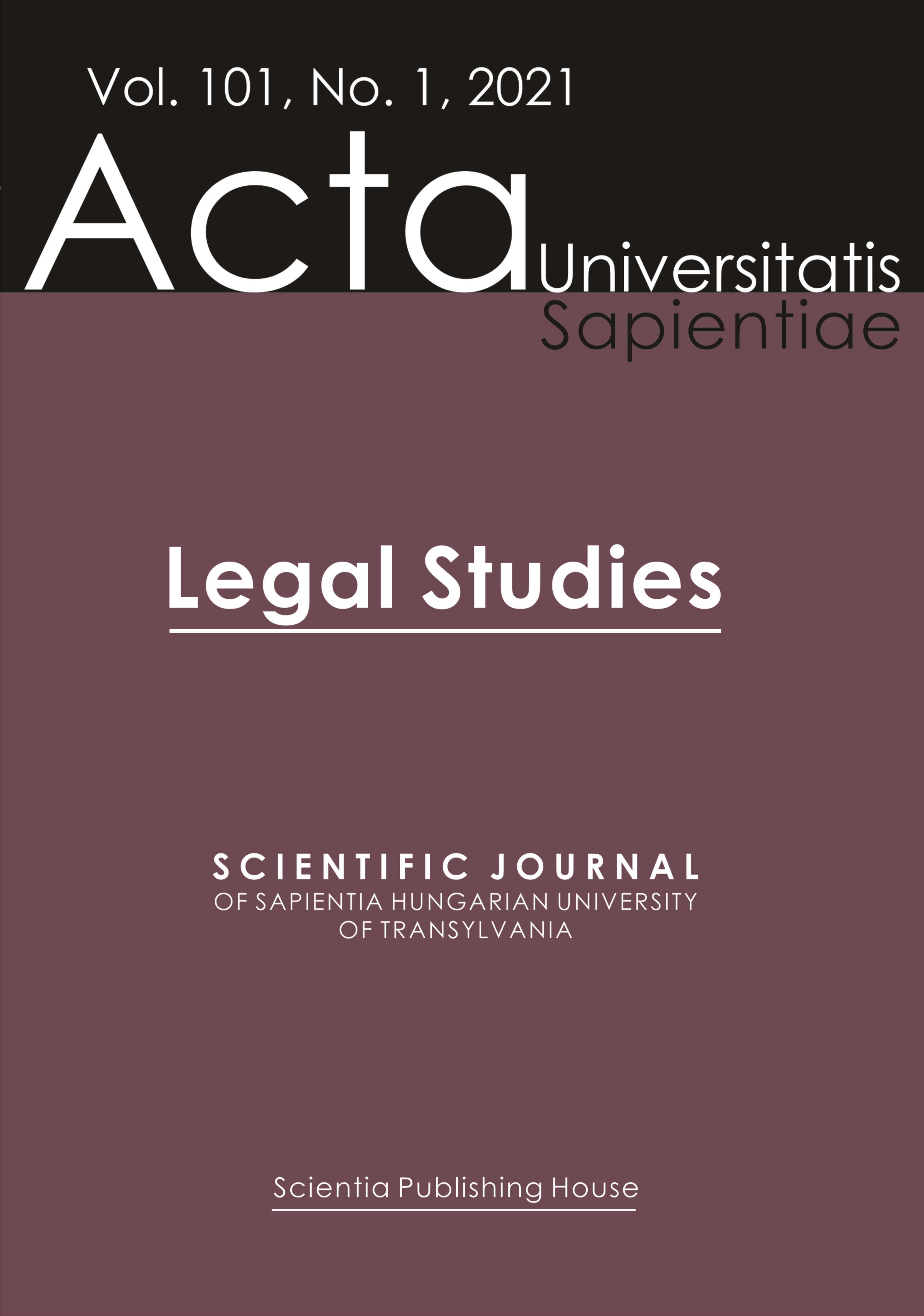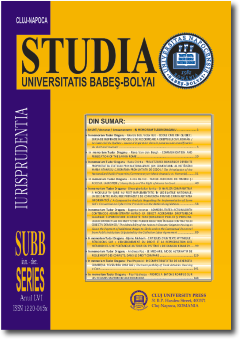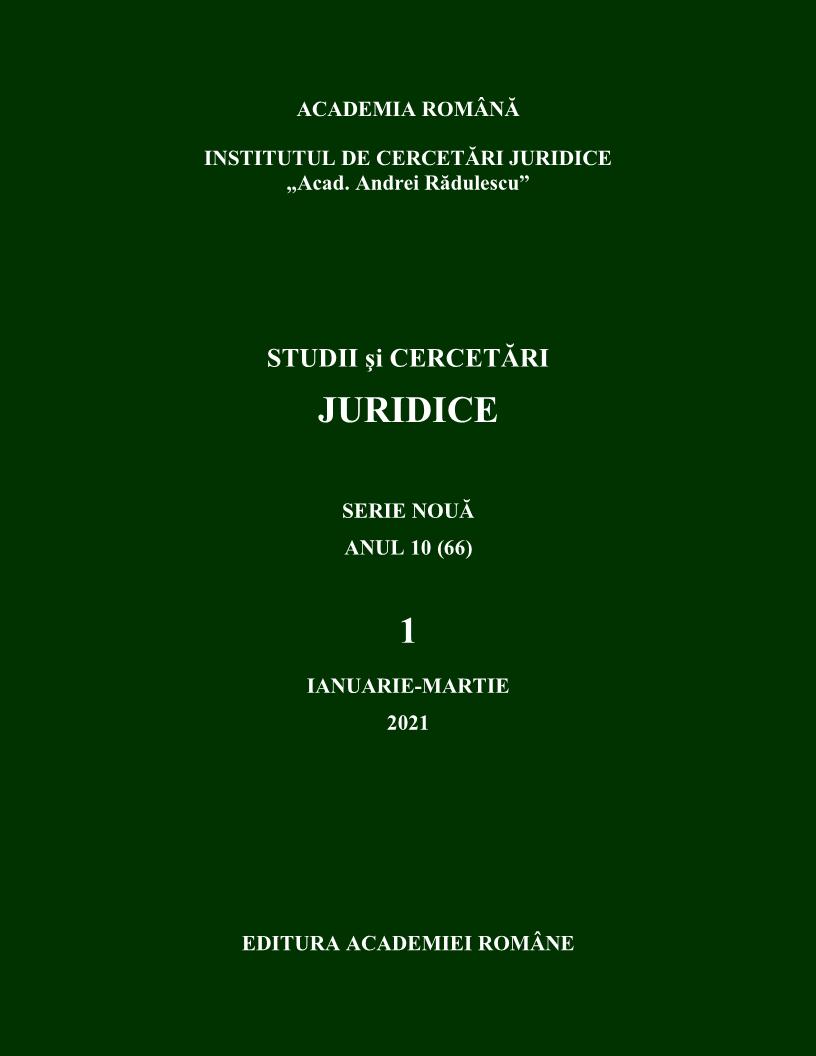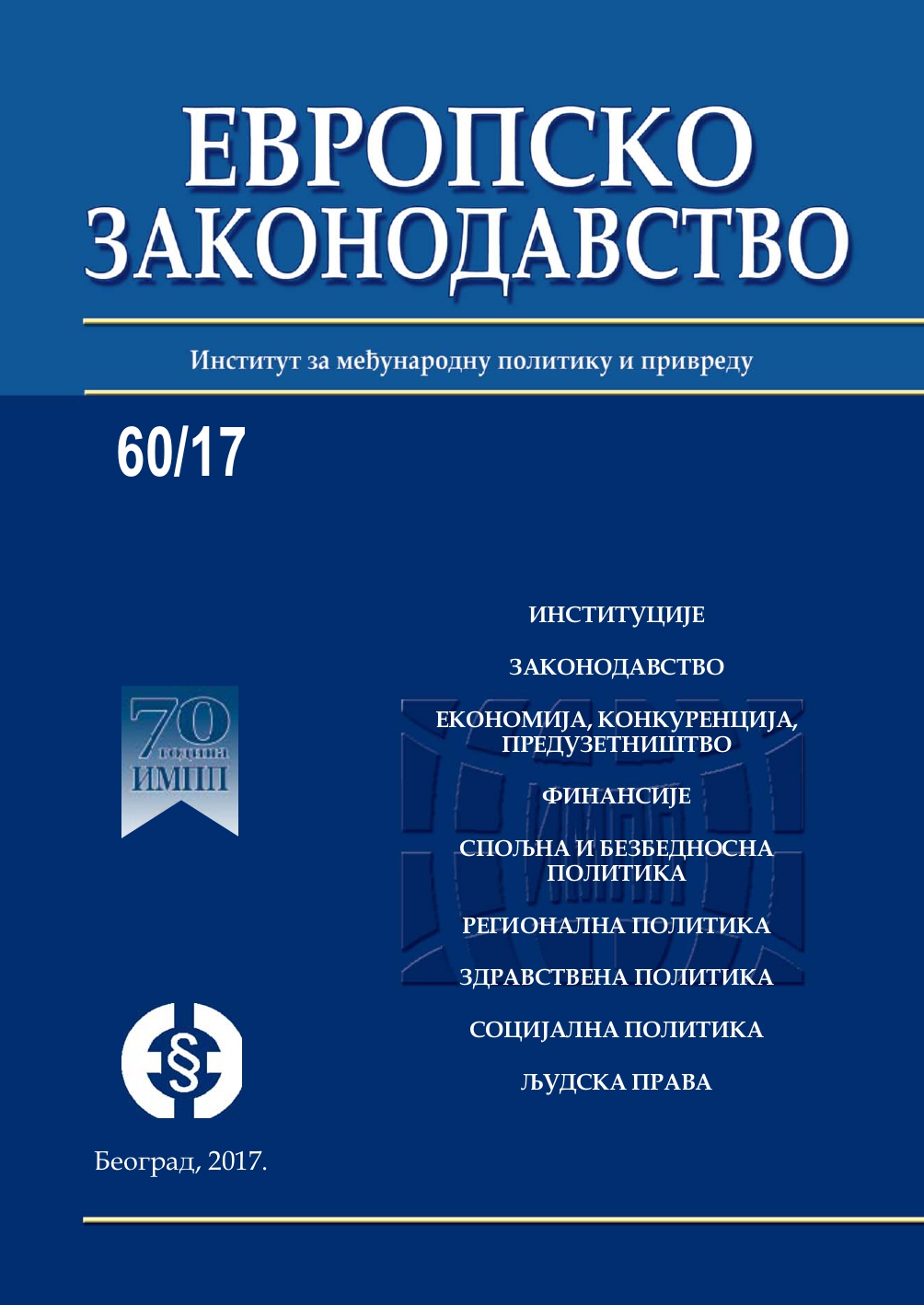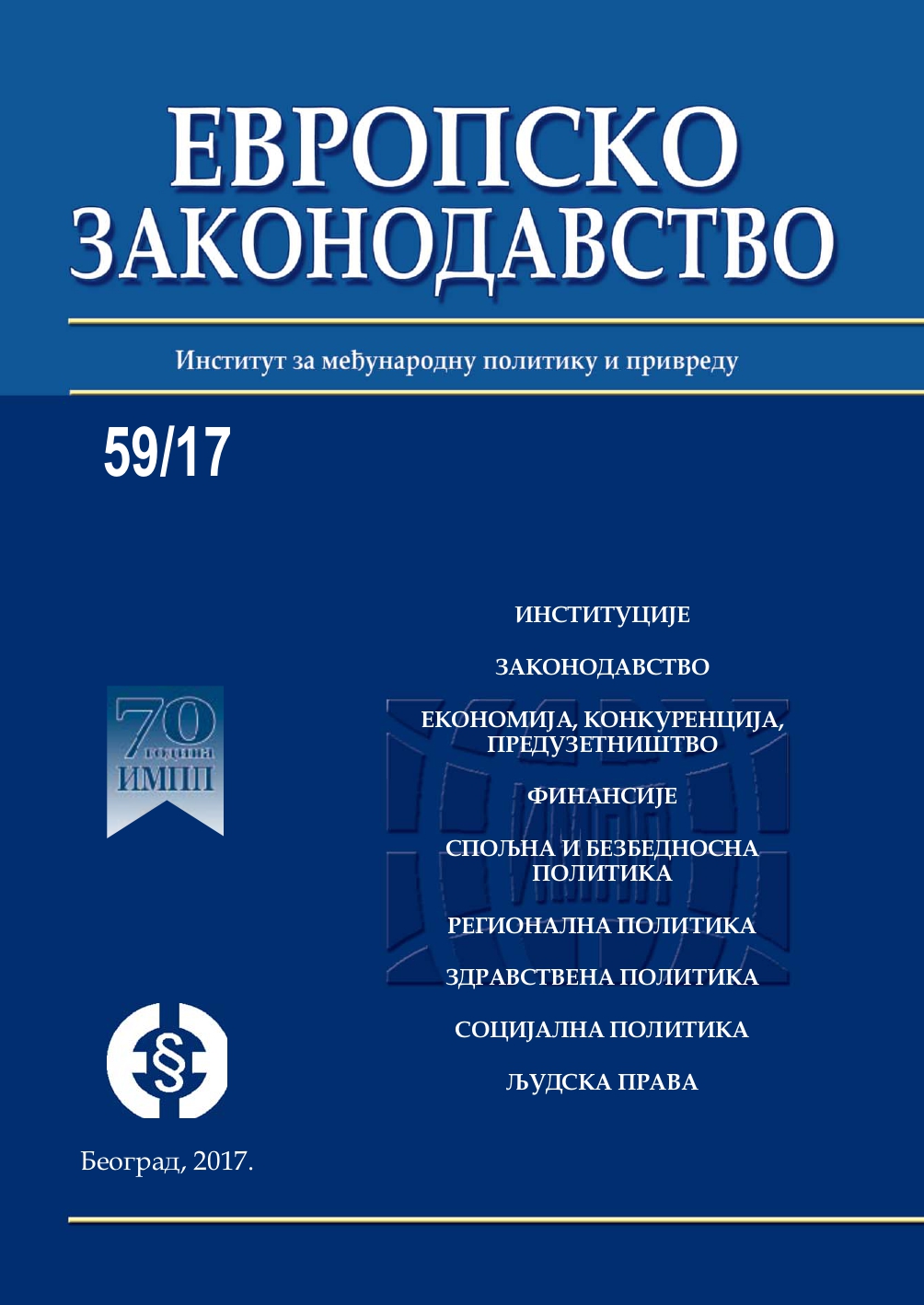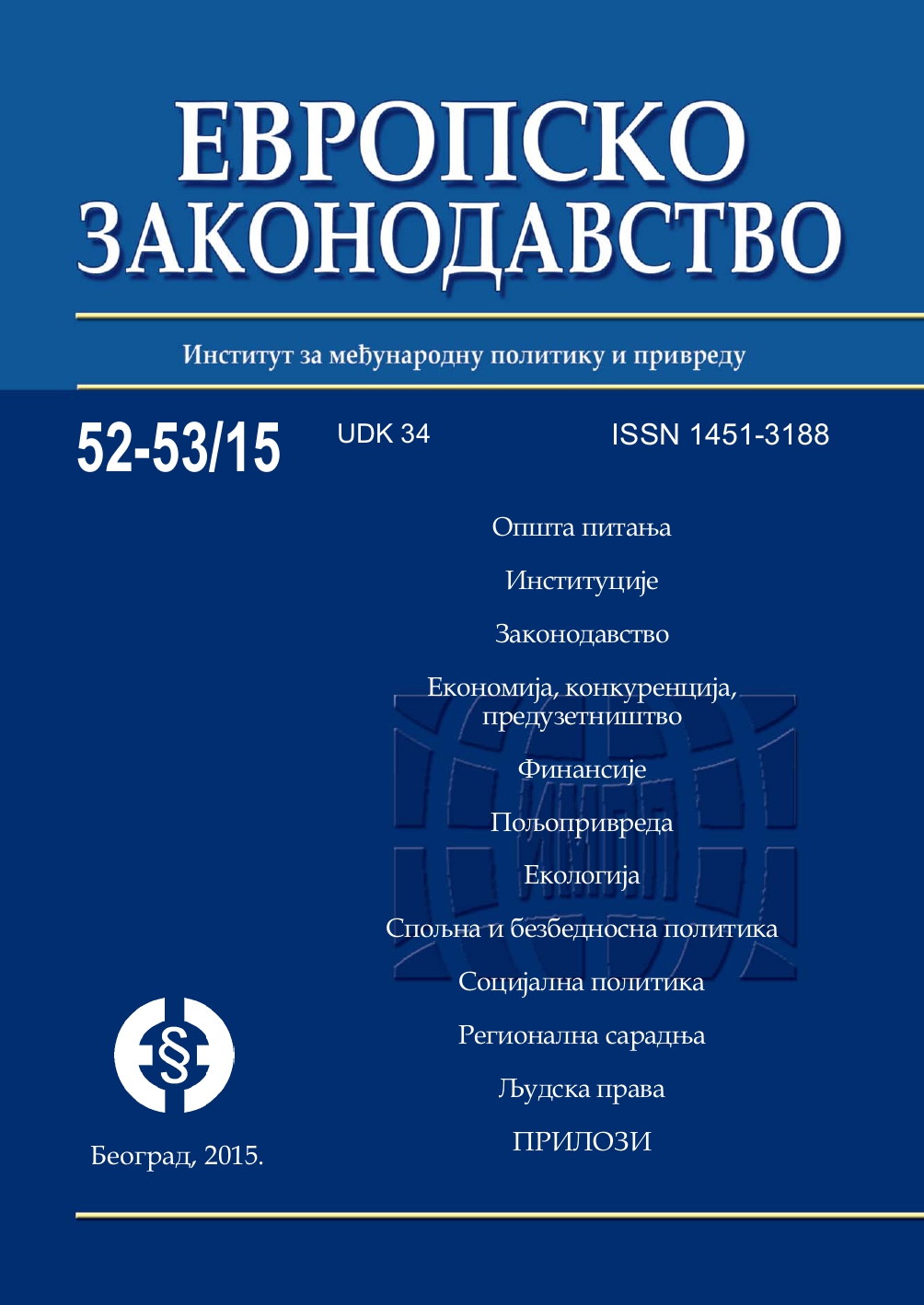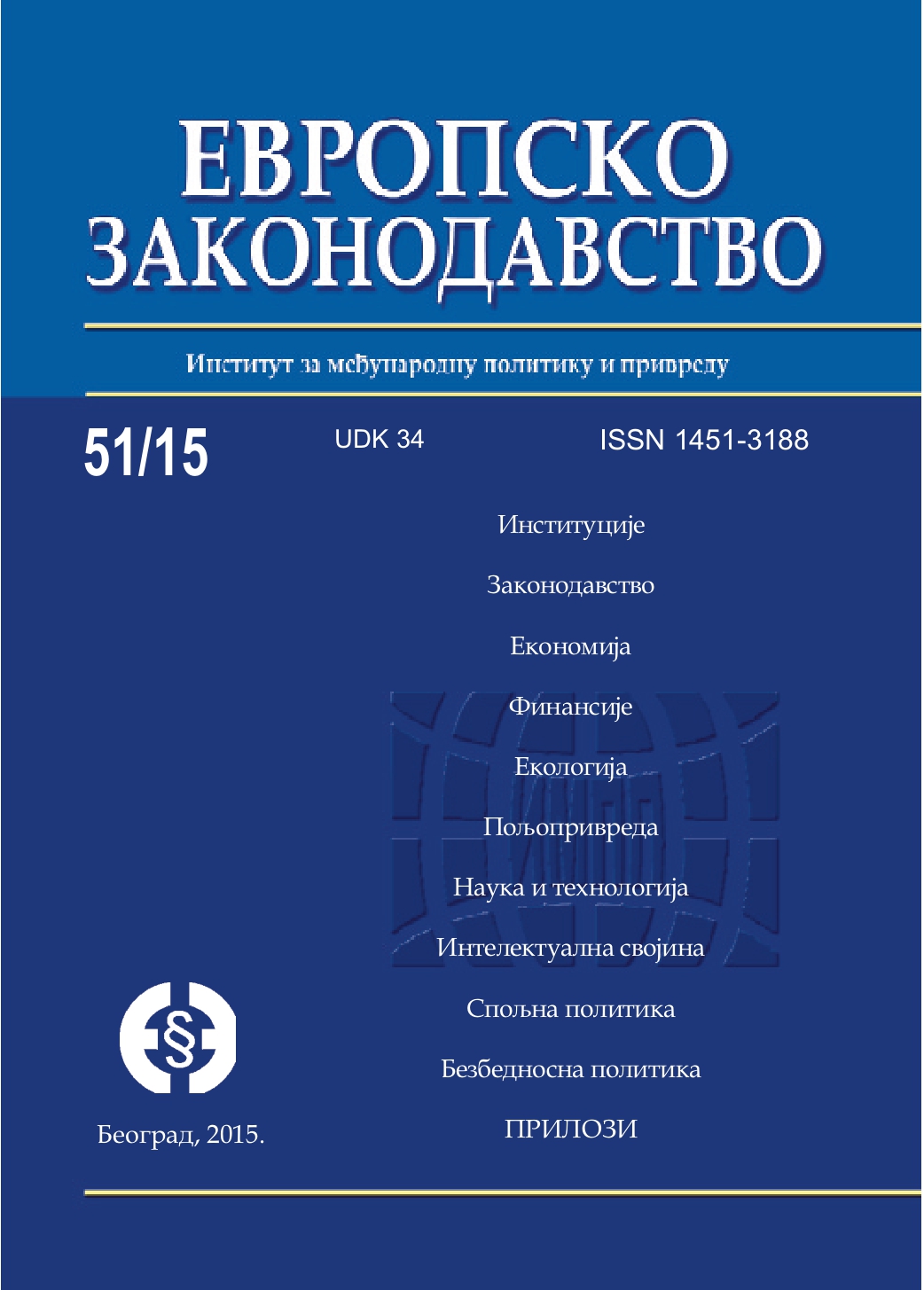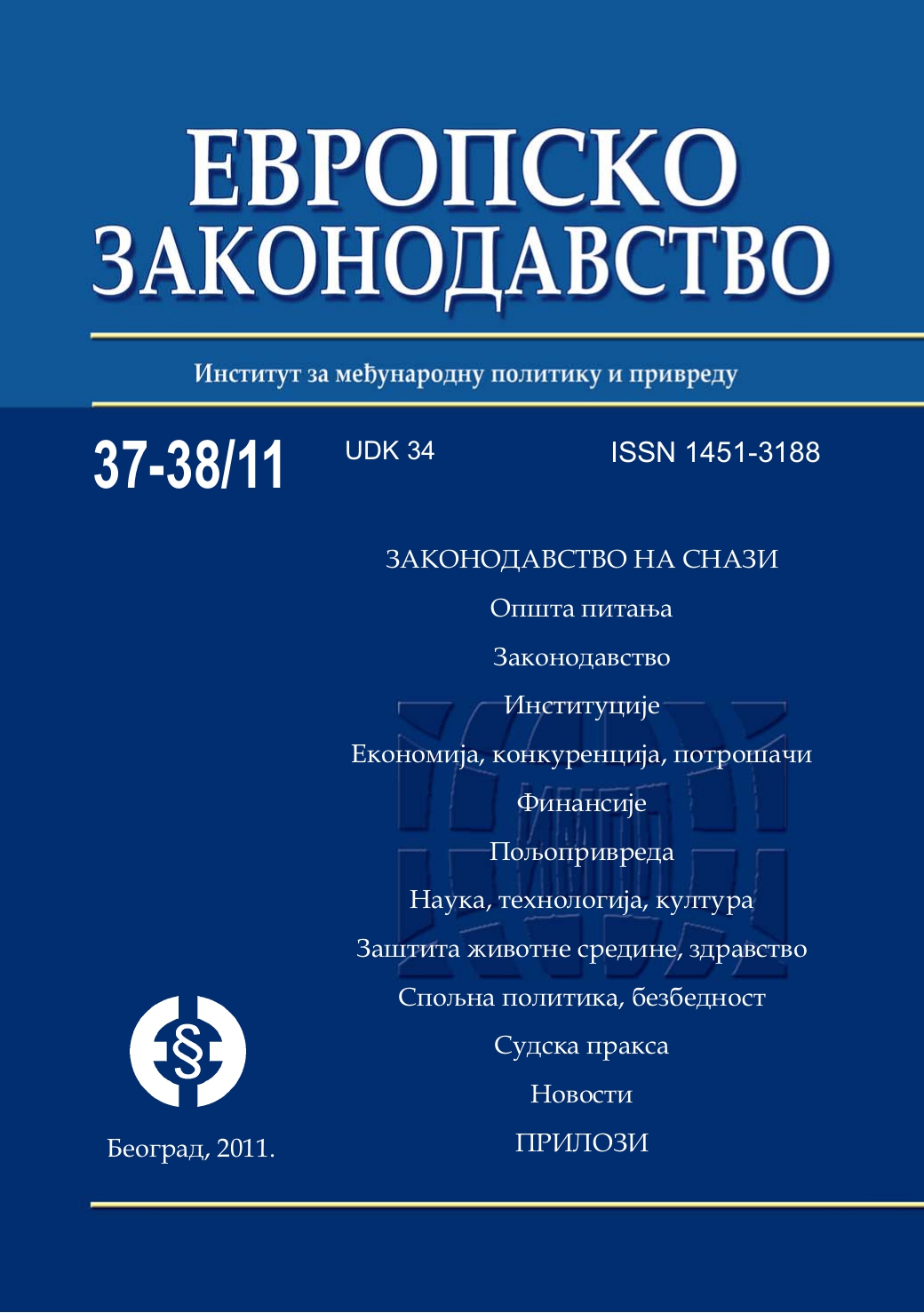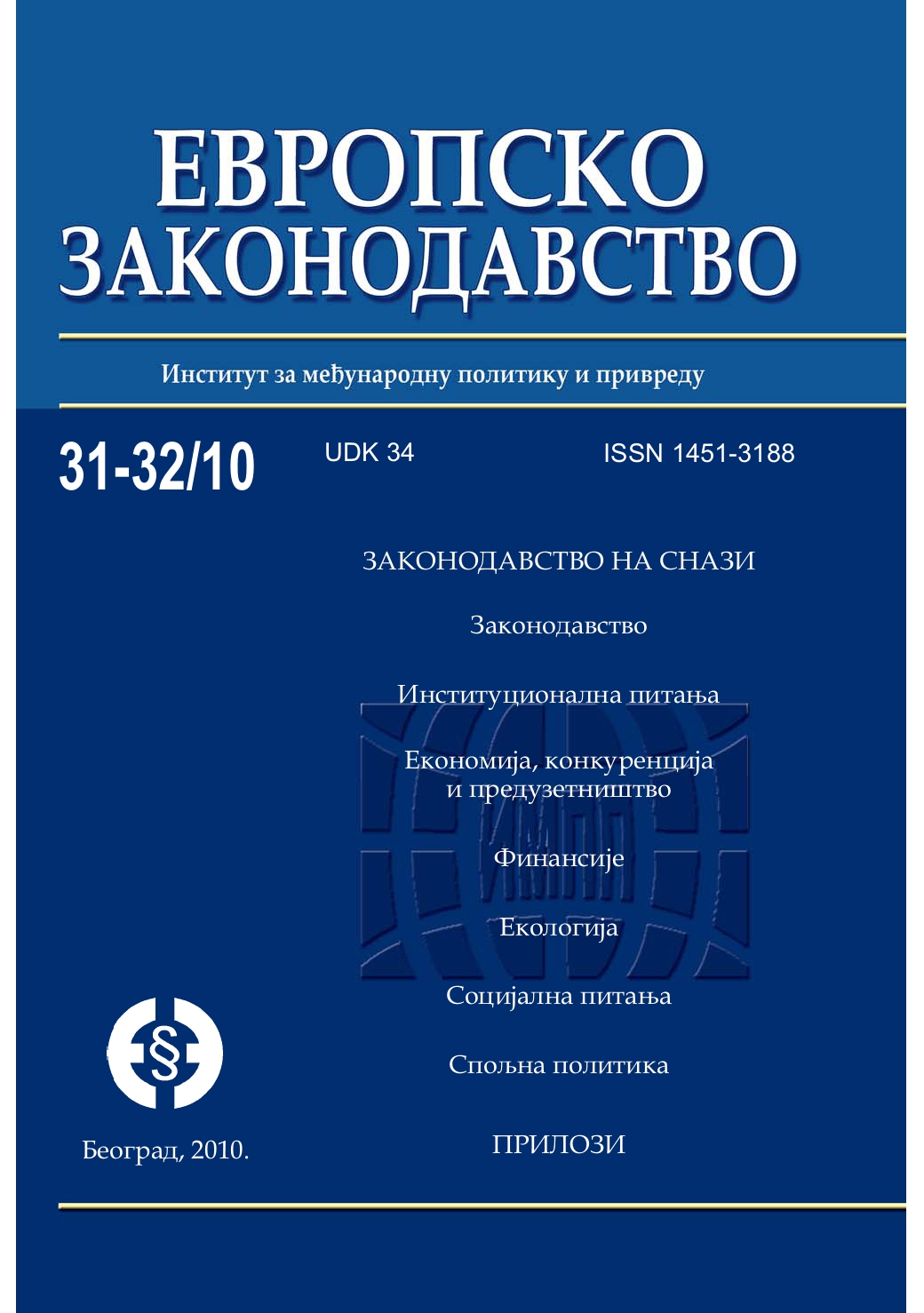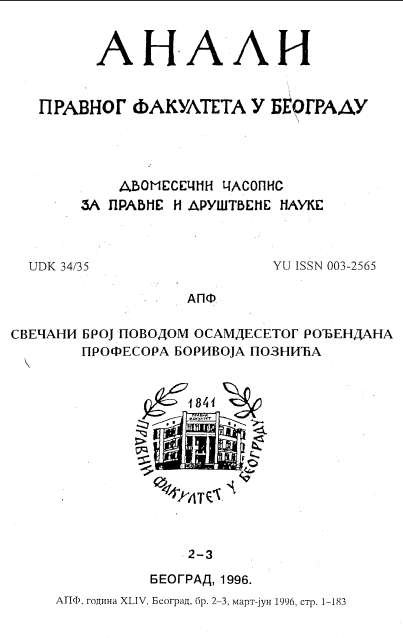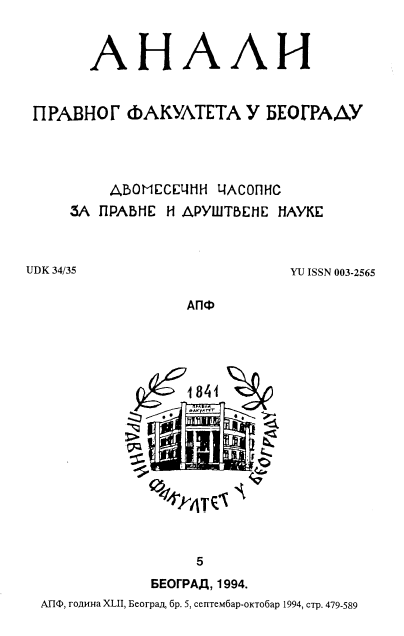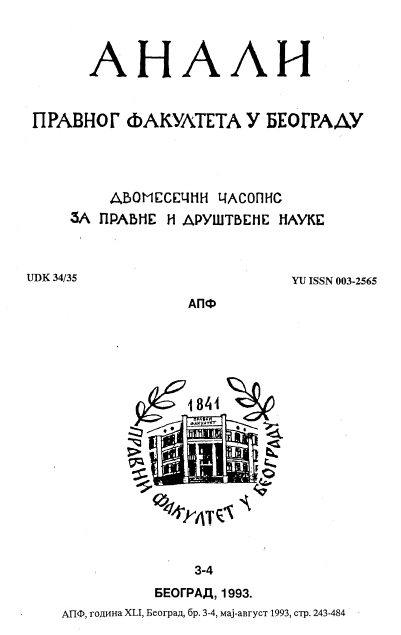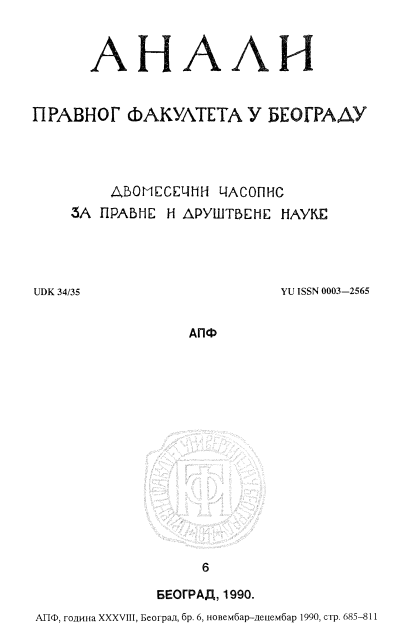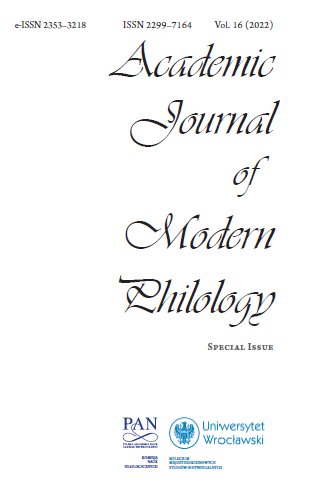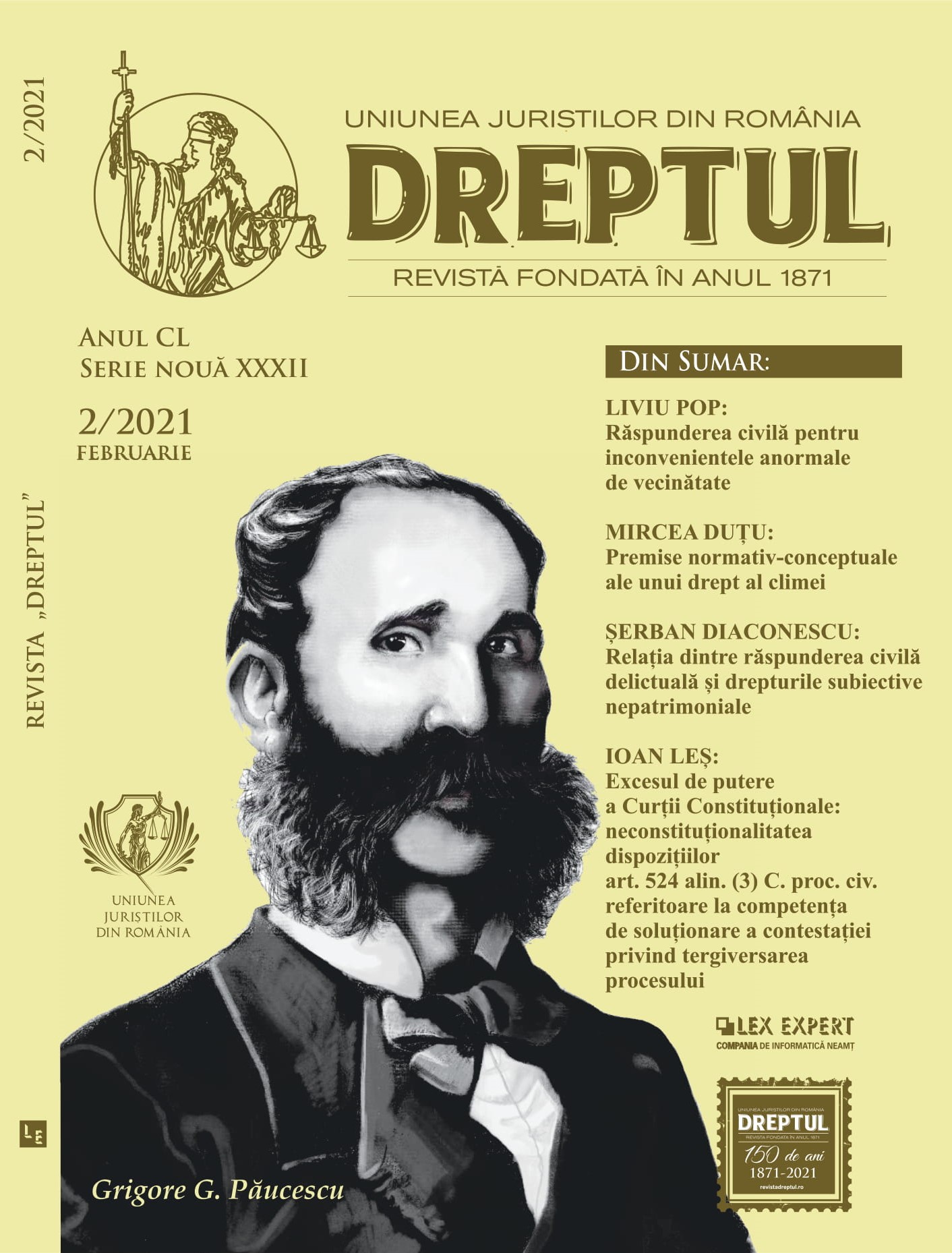
Considerații de drept comparat privind regimul juridic al mărcilor – S.U.A. versus România
Although in our daily activity we work mainly in the Romanian law (or, at most, the European law), we are firm supporters of the need to broaden our horizons and to understand the foreign legal systems in order to enrich our knowledge, but also to grow as professionals of law; in particular, when we refer to countries such as the United States, an important economic power, with a solid system of law, from which we can draw the inspiration ourselves. This type of „legal inspiration” helps us a lot to understand other systems of law and to collaborate in cases such as the enforcement of foreign legal decisions, the application of foreign law in local files, helping companies to develop their businesses also in other parts than the country of origin – including Romania. In addition, the Romanian law has been substantially improved over time, having as source of inspiration the legal provisions from other countries. The trademark law – the need to explore and compare the systems of Romanian and American law – resulted, first of all, from the practical need, but also from the desire for knowledge. Although at first glance it looks very different, the U.S. trademark system is very similar to the Romanian one. There are the aspects that could be improved if we found a way to include them in our own legal system. There are some similarities, but also differences, between the regulation of trademarks in the Romanian and American legal systems, and we have tried to highlight some of them. Primo Angeli, an expert in brands, mentioned: „A great trademark is appropriate, dynamic, distinctive, memorable and unique.” Thus, whether we call it brand or trademark, we are not as different as we might think.
More...
